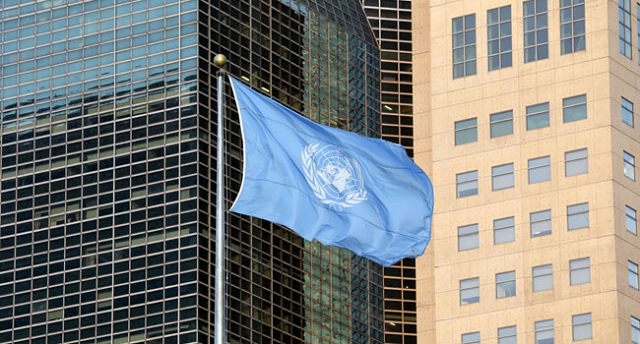The United Nations Development Programme (UNDP) has disclosed its intentions to avert the looming economic and humanitarian catastrophes in Afghanistan.
This comes after the South Asian country’s sitting government was replaced by the Taliban, making modifications to extant laws.
To preempt the economic and humanitarian issues by supporting Afghanistan’s “most vulnerable populations and the collapsing microbusiness”, the UN agency, through its programme called ‘ABADEI’, would provide solutions at the community level, supplementing the country’s urgent humanitarian interventions.
ABADEI represents resilience, inspiring hope for a better future, a post on the agency’s website said.
The UNDP Administrator, Achim Steiner, at a press conference, said, “The country needs immediate humanitarian assistance, but we also need to keep the local economies going – this is fundamental to ensure that people still have livelihoods and feel that they have a future in their communities.”
The funds will be escrowed in an account through which governments and agencies would finance the initiative supporting Afghan’s most vulnerable demographic using field officers and not through the government channel.
READ ALSO: Amaechi Tells PSCOs To Be Professional When Conducting Ship Inspections
As the first country to contribute to the programme, the German government received thanks from the UNDP for donating 50 million euros.
Afghanistan’s Taliban leadership has seen a spike in unemployment and food prices, with government workers deprived of their salaries.
Harsher economic conditions lay ahead for Afghan residents, if the country remains in its current state, as the UN agency predicts that 97 percent of households in the country could fall below the poverty level early- to mid-2022.
The hope is that the momentum of the work is kept so as to reverse the negative trend, with funding reaching small business owners to stay afloat amid rising prices and scarcities.
To pump the slow-grinding wheels of the macroeconomy, the initiative will direct funding to local economies, “to ensure that people still have livelihoods and feel that they have a future in their communities,” Steiner said.














